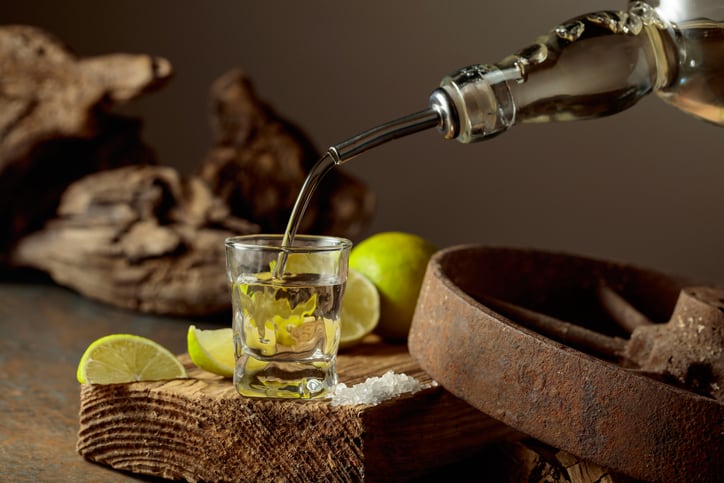
The rise of clean alcohol
Widespread demand for clean label is finally reaching the alcohol category

Widespread demand for clean label is finally reaching the alcohol category
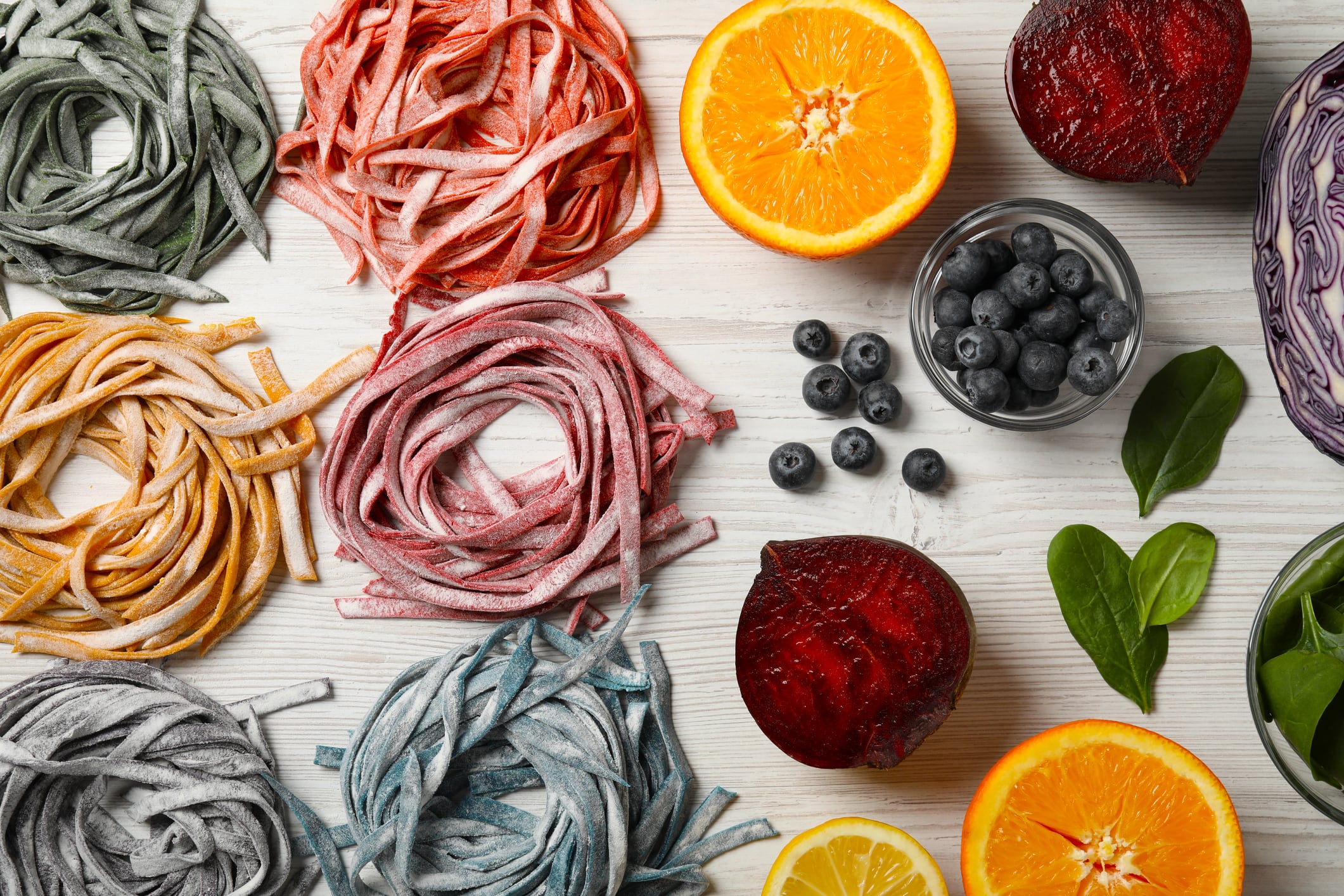
FDA eases ‘no artificial colors’ claims, but ambiguity over ‘petroleum-based dyes’ leaves manufacturers cautious

Coca-Cola, Campbell’s, General Mills and other CPG and fast-food companies expanded voluntary advertising restrictions across digital platforms after research found most children encounter unhealthy food branding on YouTube
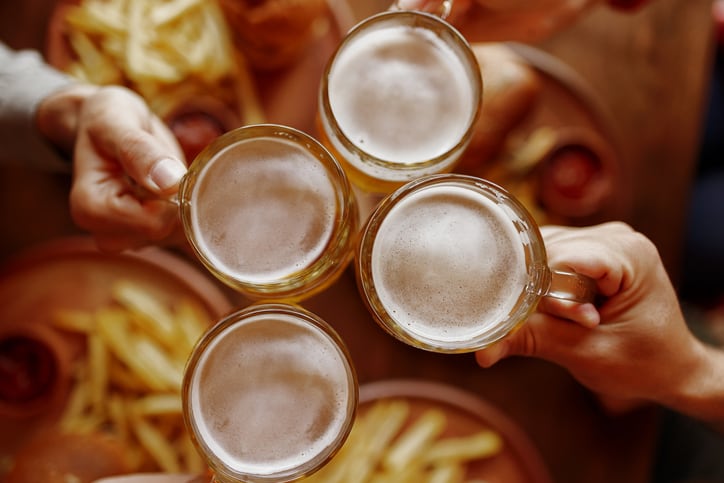
Industry organizations promote responsible consumption, welcoming US drinking guideline shake-up
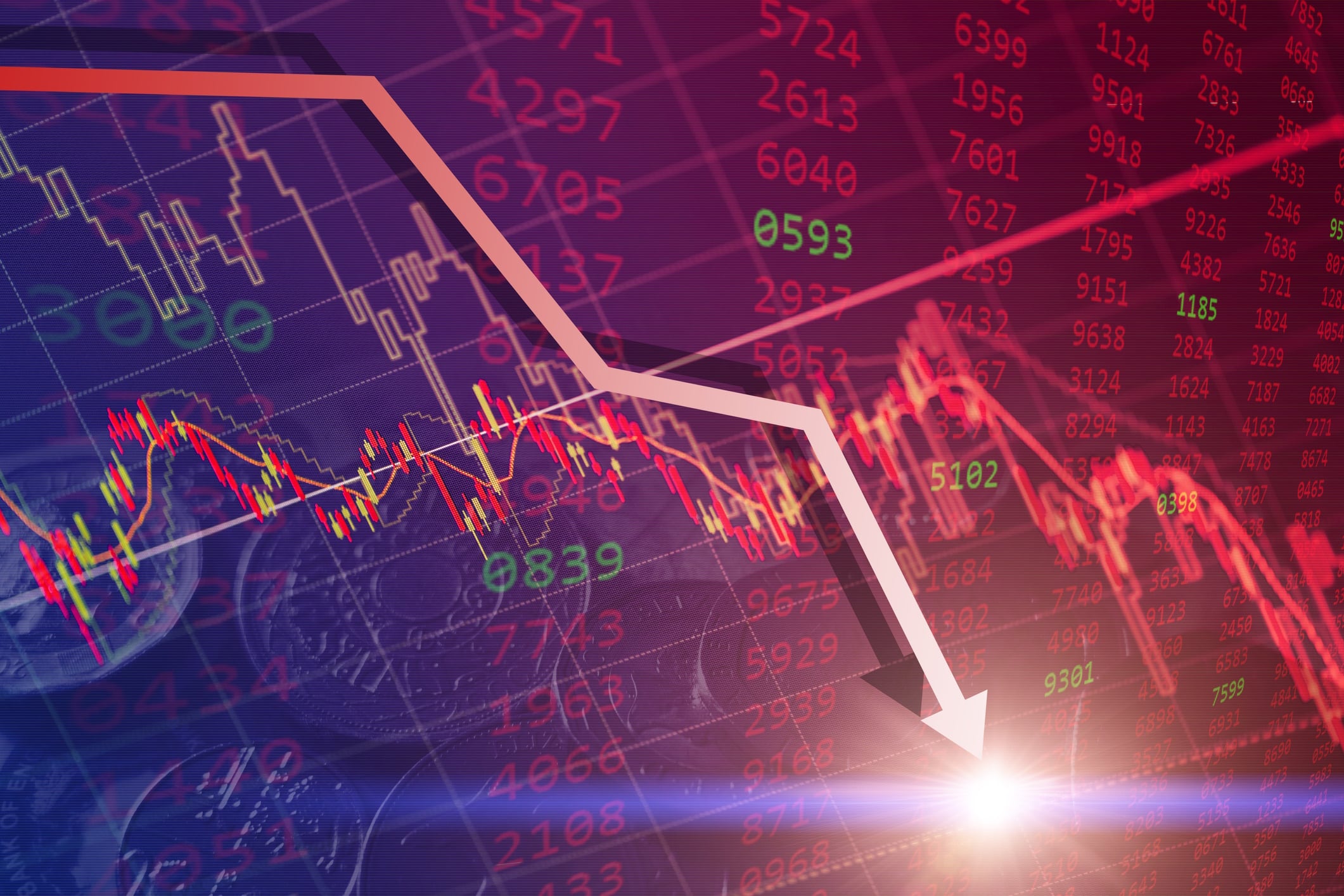
The market reaction to Donald Trump’s dietary overhaul isn’t about kale versus cookies – it’s about whether Washington has finally decided the packaged food sector needs firmer rules, not friendlier guidance
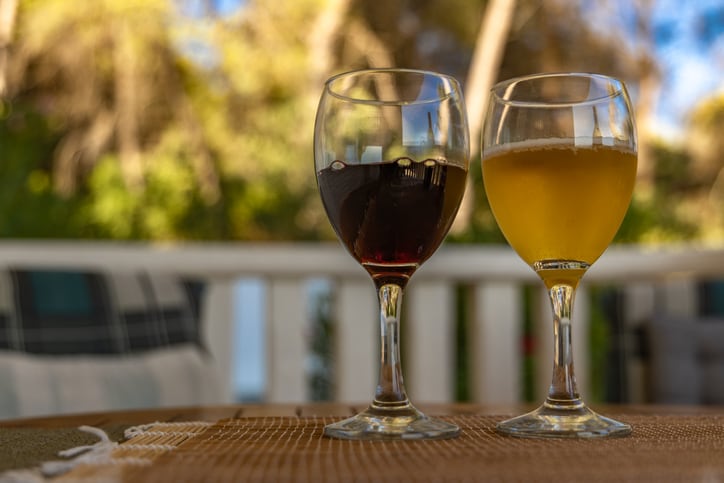
New US drinking recommendations now simply state that less alcohol is better
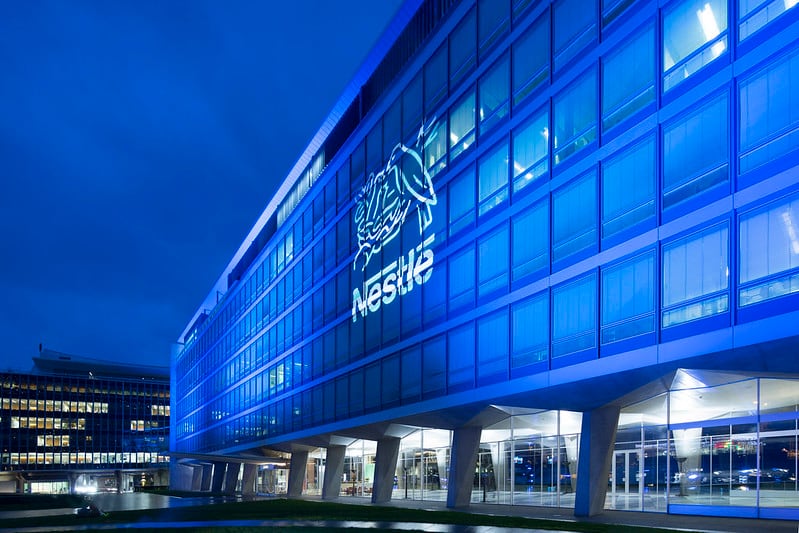
Nestlé faces global scrutiny as infant formula recall widens over contamination fears
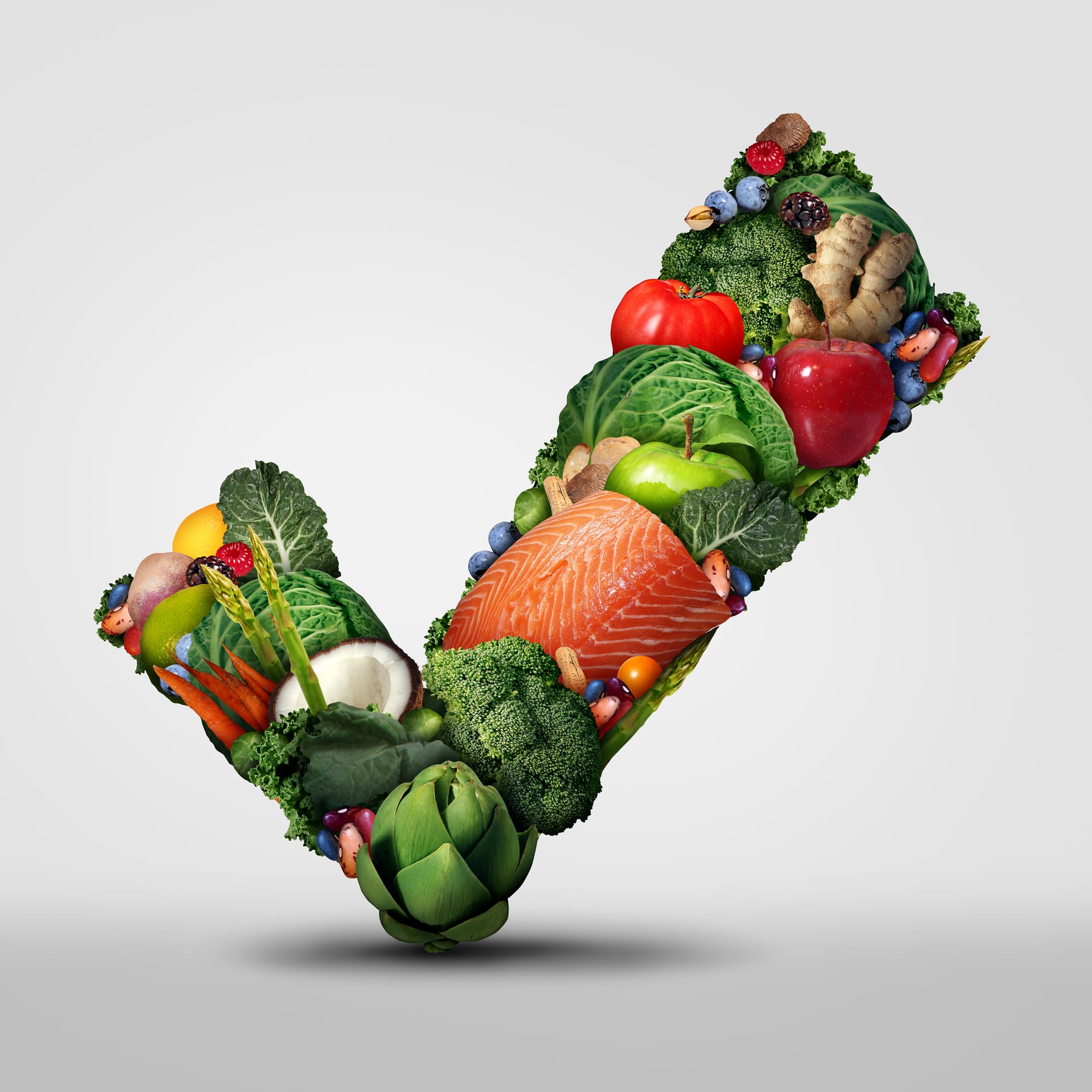
Vietnam plans to update dairy and alcohol regulations in line with ongoing national goals to improve local food safety compliance and public health
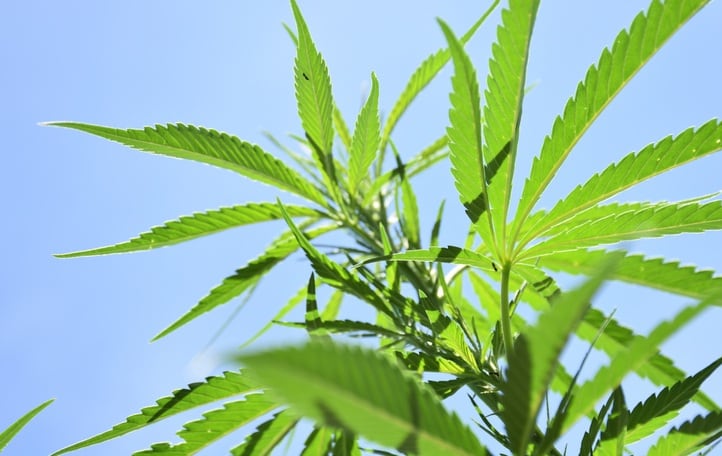
The Cannabinoid Safety and Regulation Act (CSRA) would regulate – rather than ban – hemp derived beverages
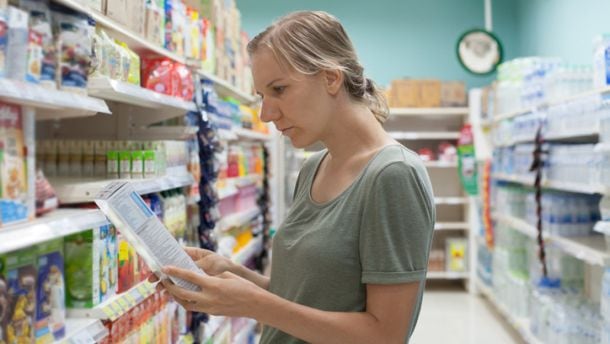
A sweeping Texas bill that reshapes ingredient labels has triggered one of the biggest courtroom clashes yet between lawmakers and the food industry
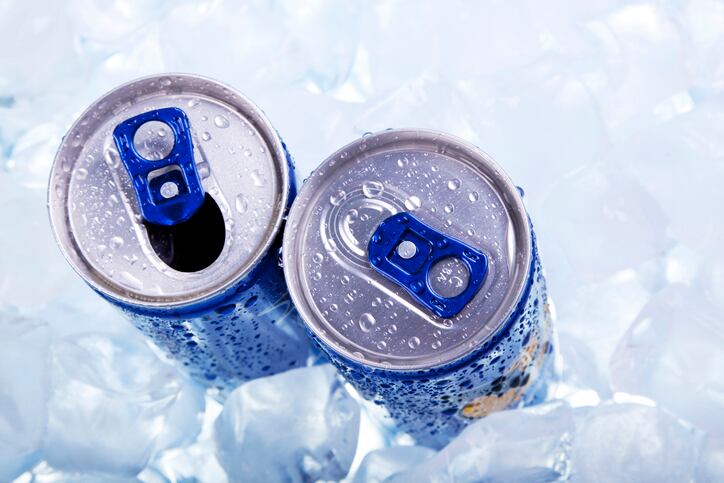
There’s growing pressure to ban energy drink sales to children: but is it that simple?
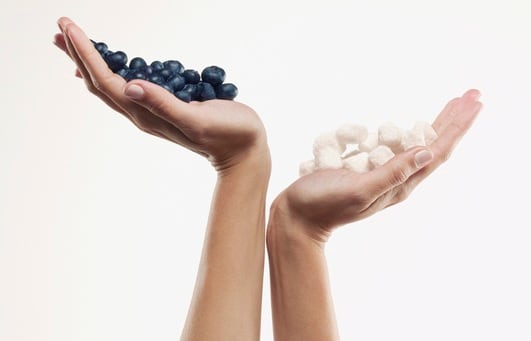
The UK will extend its sugar tax to include more drinks, including milk-based products. Businesses have two options: take the financial hit - or get back into the lab and innovate
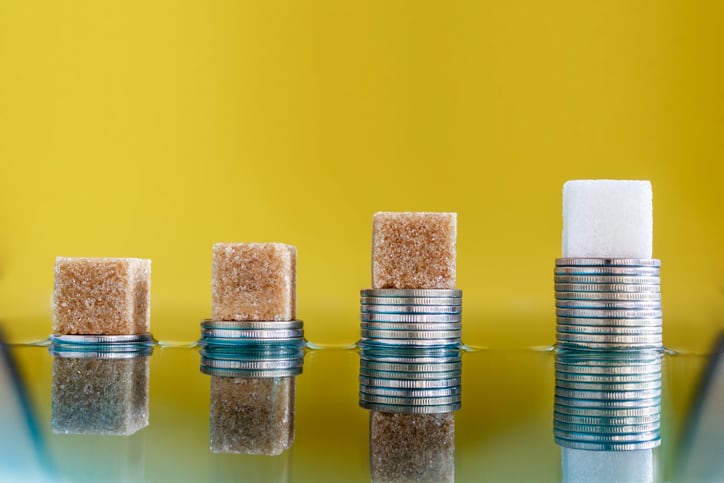
Announcing an expanded sugar tax this week, the UK government acknowledges the delicate balance between public health goals and business innovation. How will the new rules affect the market? We crunch the numbers
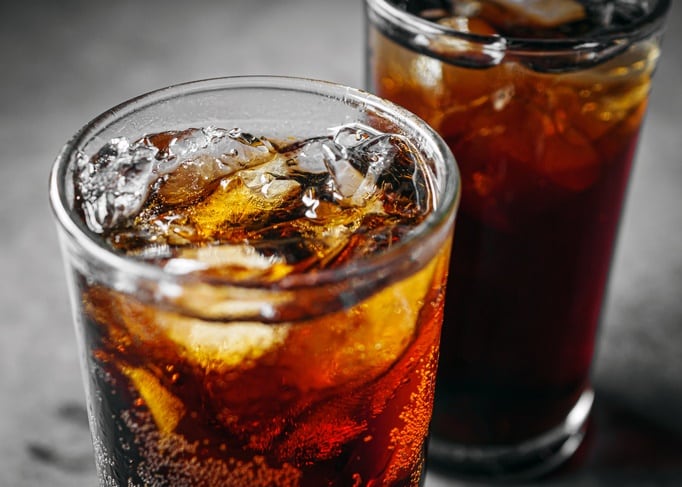
Over 80% of China’s schoolchildren are still choosing sweet drinks, sparking calls for tougher control measures
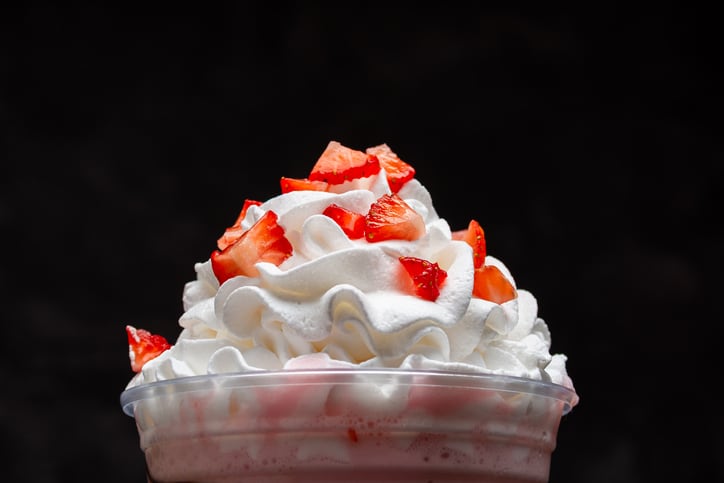
Sugary milk-based drinks will be included in the UK’s Soft Drinks Industry Levy from 2028
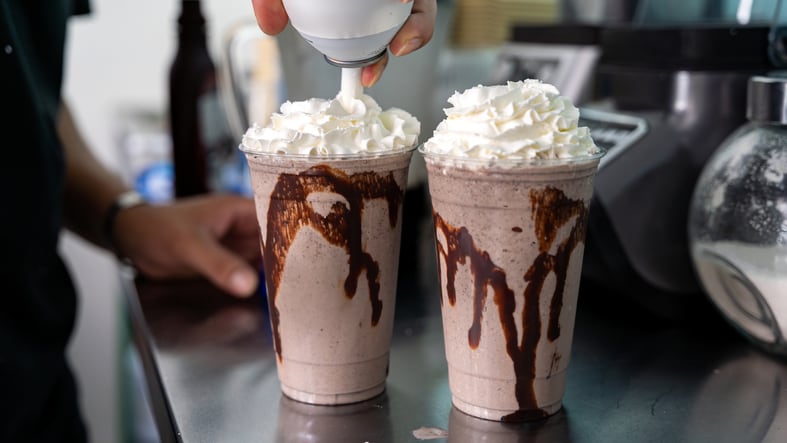
The UK is expanding its Soft Drinks Industry Levy to milk-based drinks. Here are the new rules
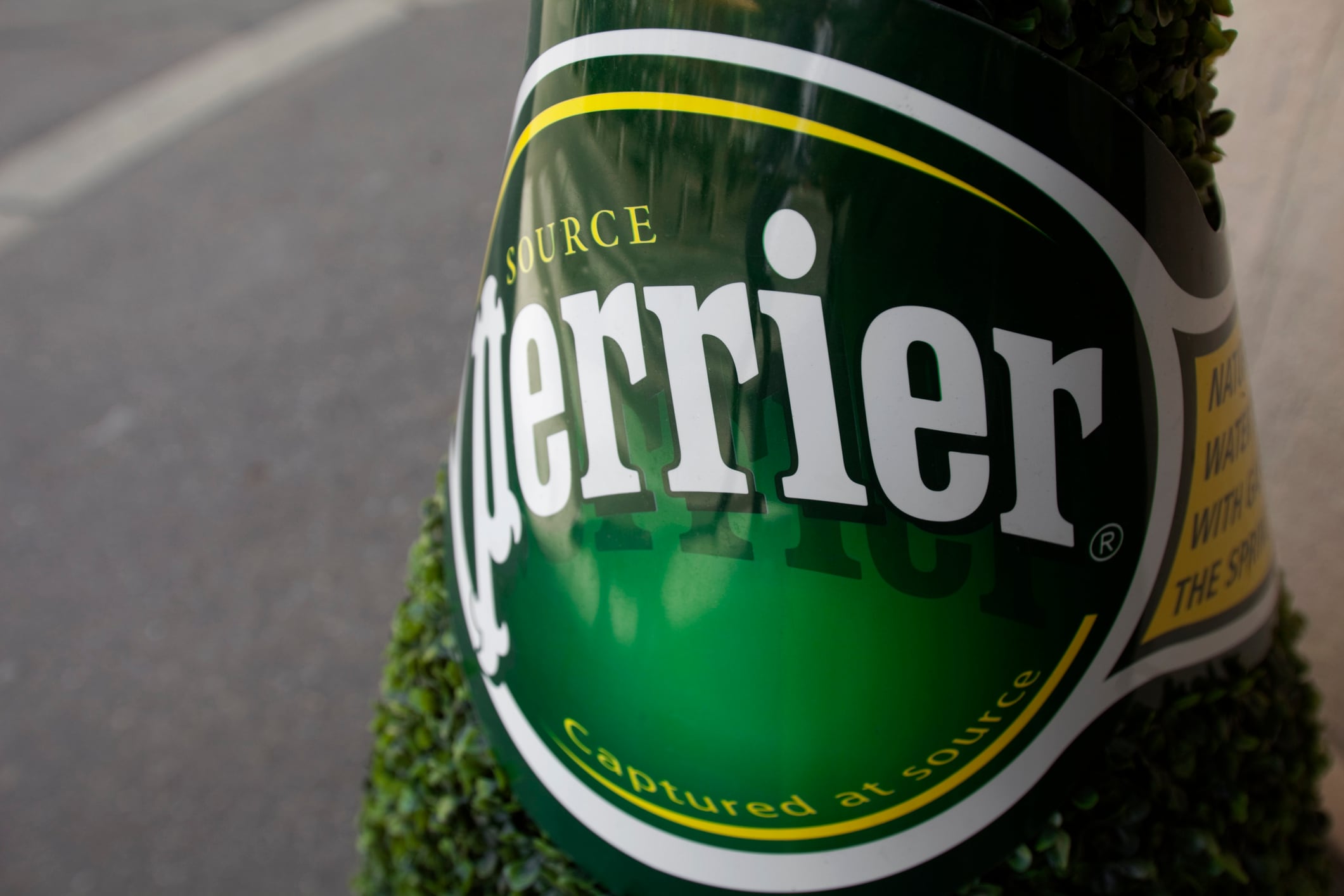
A French court has rejected a case against Perrier’s owner Nestlé, who will now reclaim legal fees
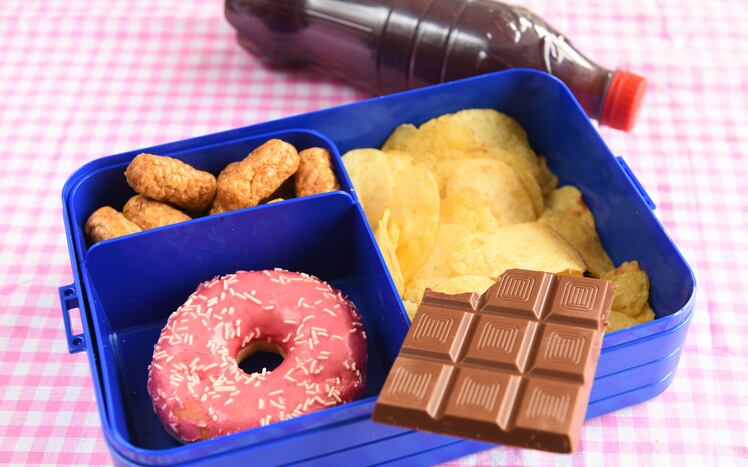
The beverage industry has long argued that soda is singled out unfairly when it comes to soda taxes. But now there’s pressure to extend measures across ultra-processed foods
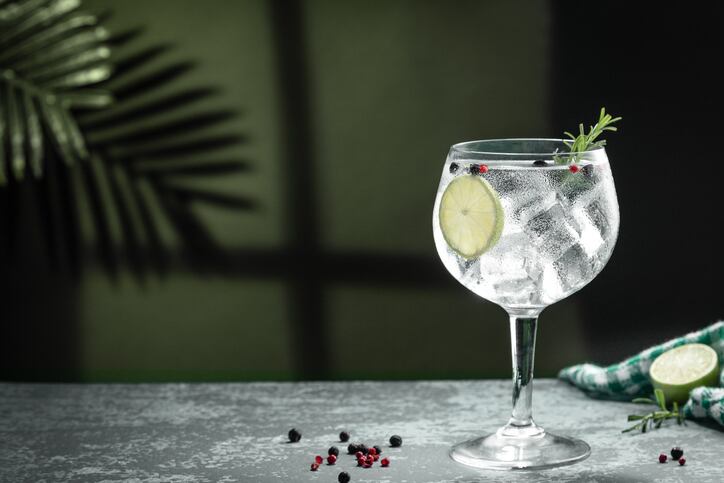
Gin must have an alcohol content of at least 37.5% ABV, according to an EU court: meaning producers cannot sell products described as ‘non-alcoholic gin’ or ‘alcohol-free gin’.
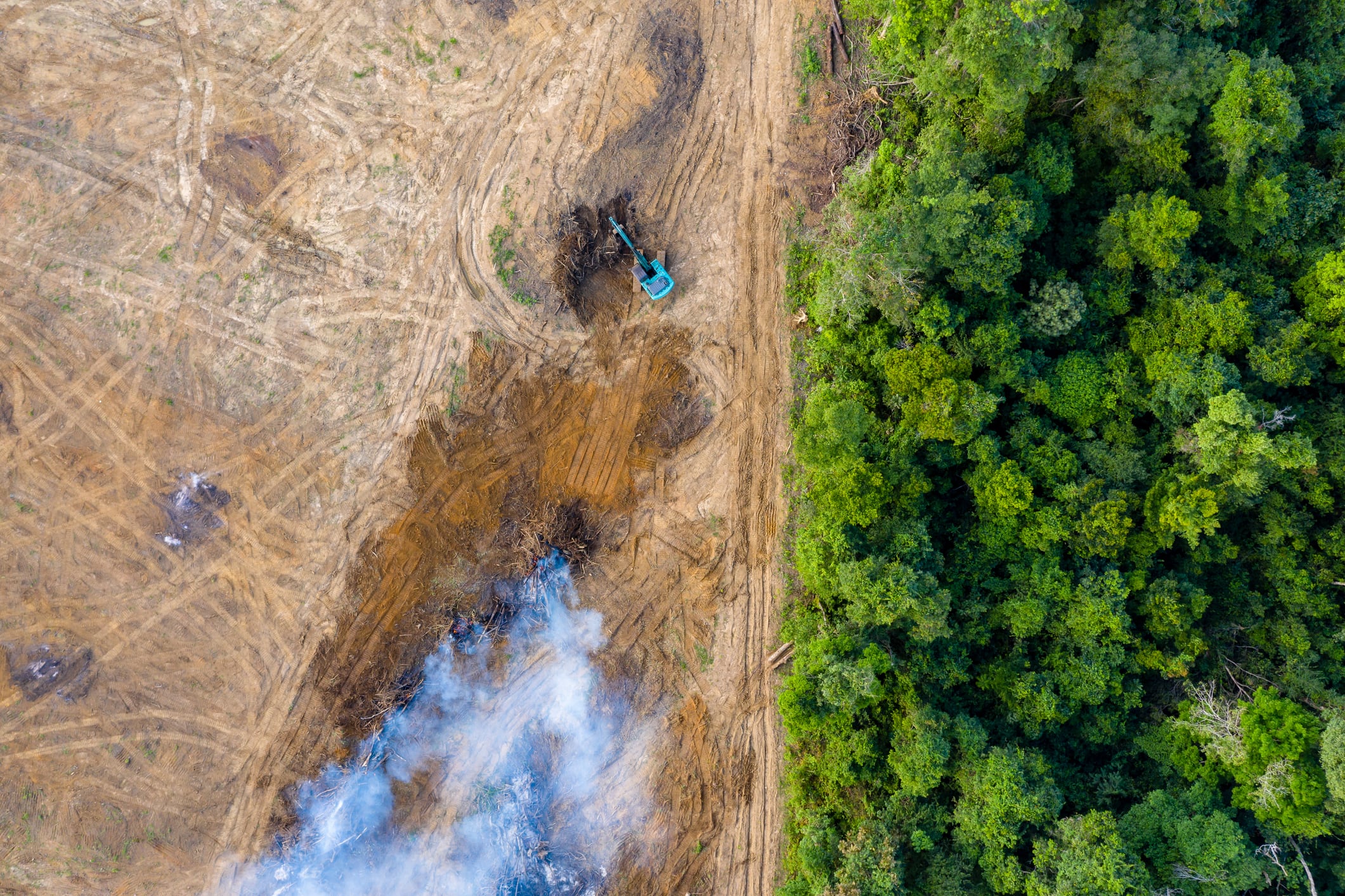
The Environment Commissioner hopes lawmakers will agree to postpone the deforestation regulation yet another year
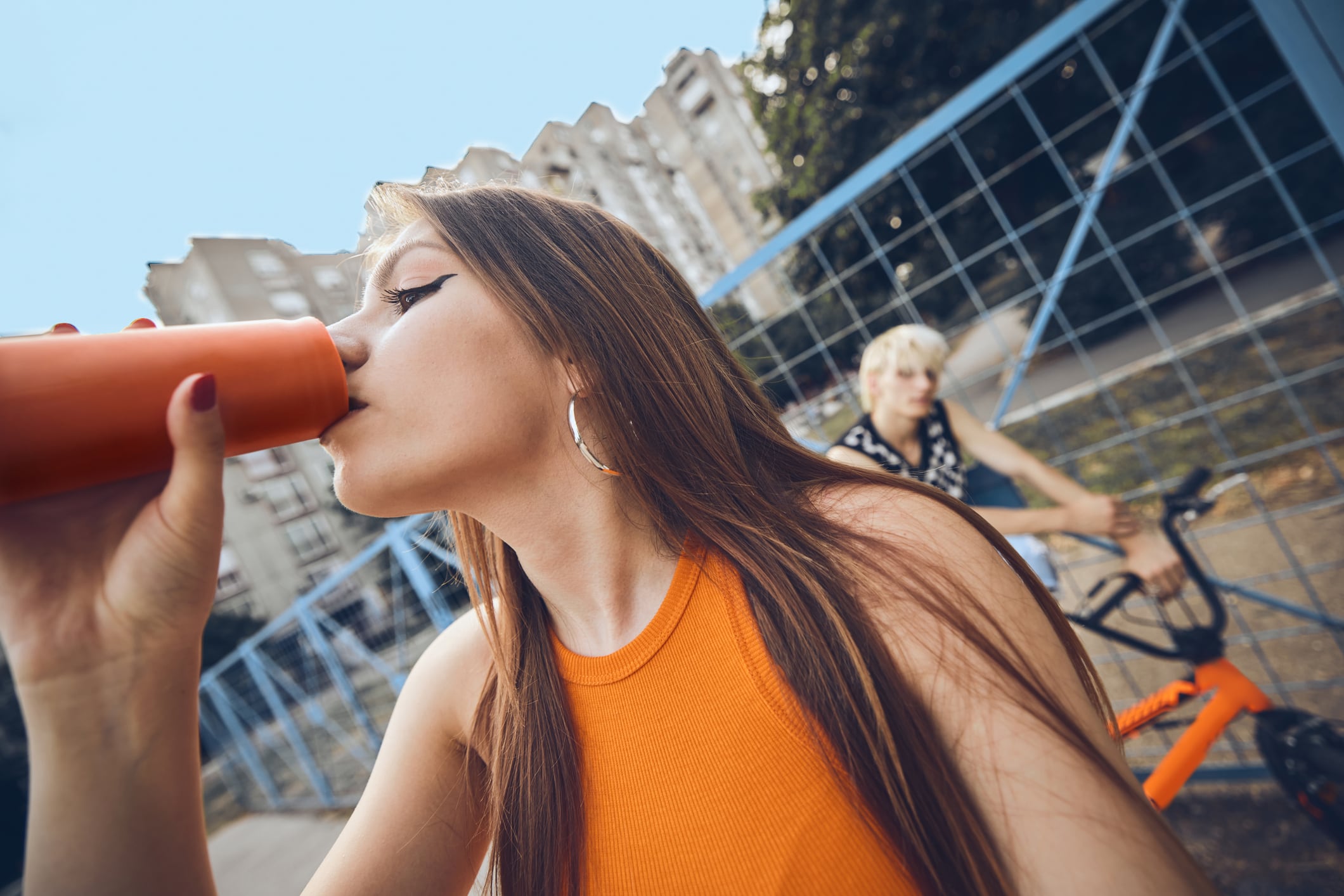
The UK government will consult on banning high-caffeine energy drinks for under-16s in England over health concerns. However, a new study suggests energy drinks may only be indirectly linked to poor adolescent health, so what makes them risky?
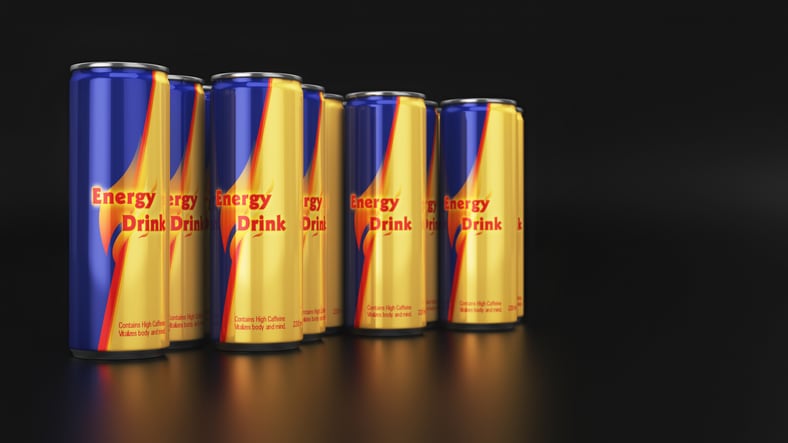
The government is planning a new law that would make it illegal to sell high-caffeine energy drinks to children
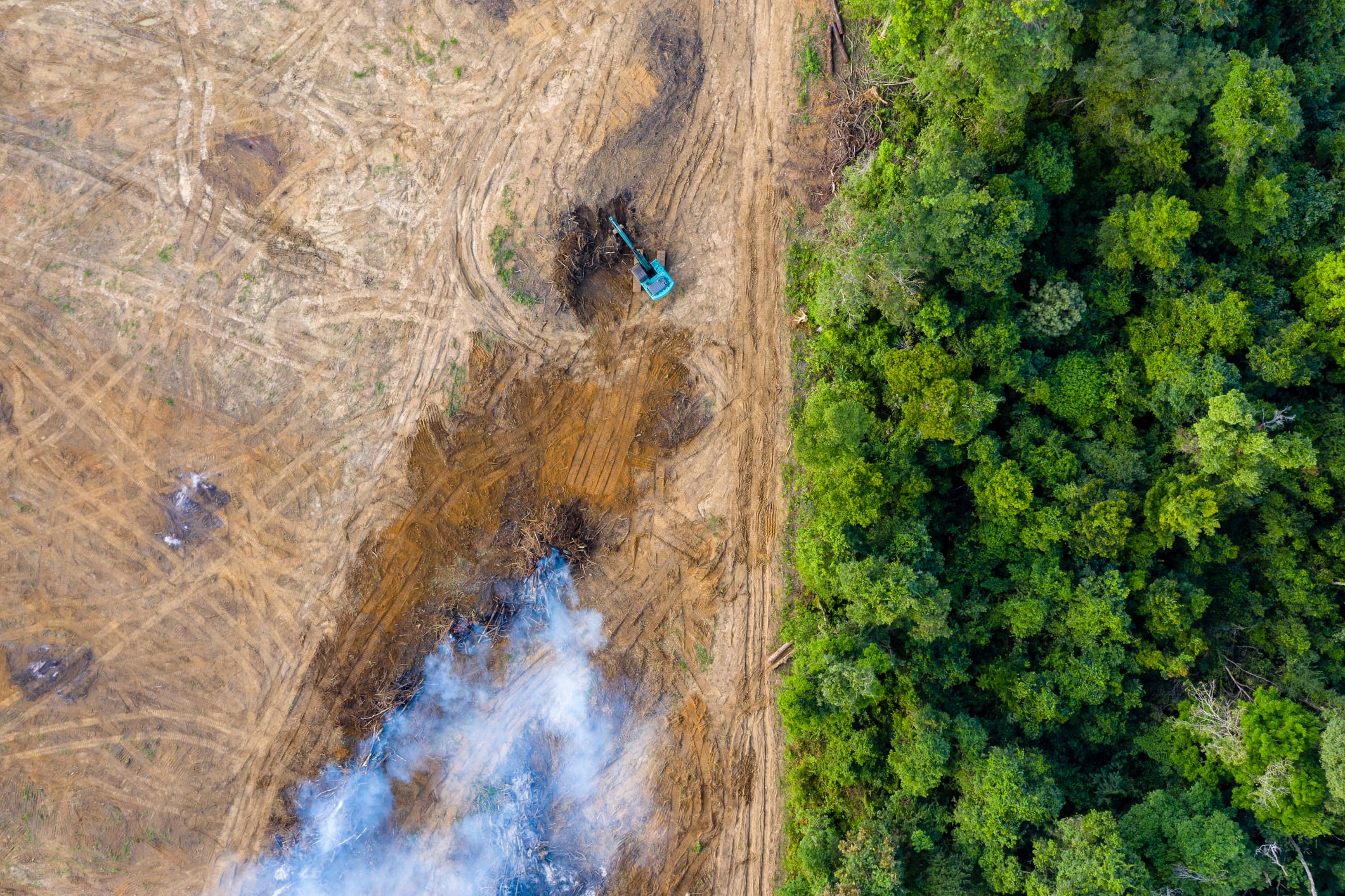
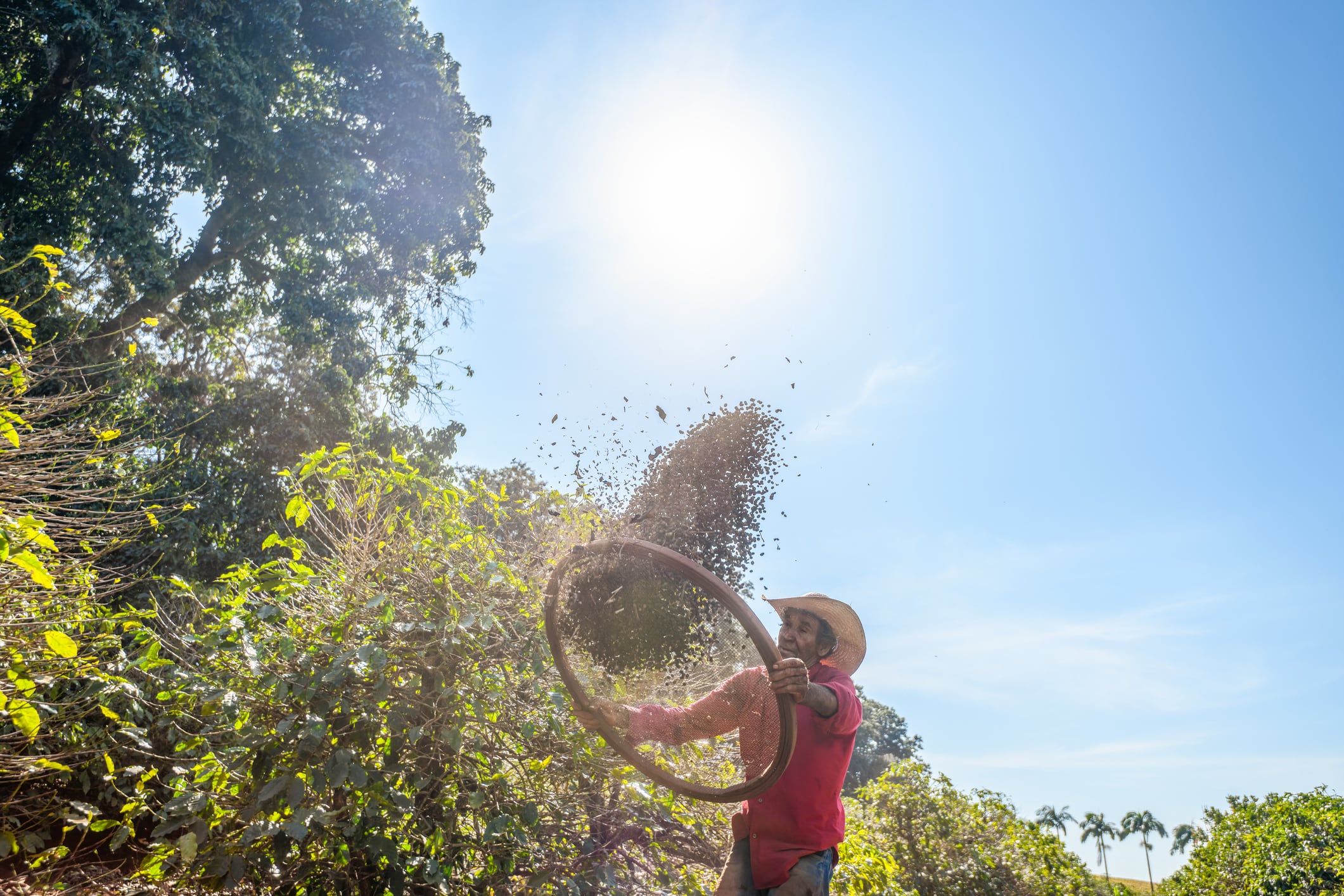
In a fragmented, complex sector, traceability remains a challenge
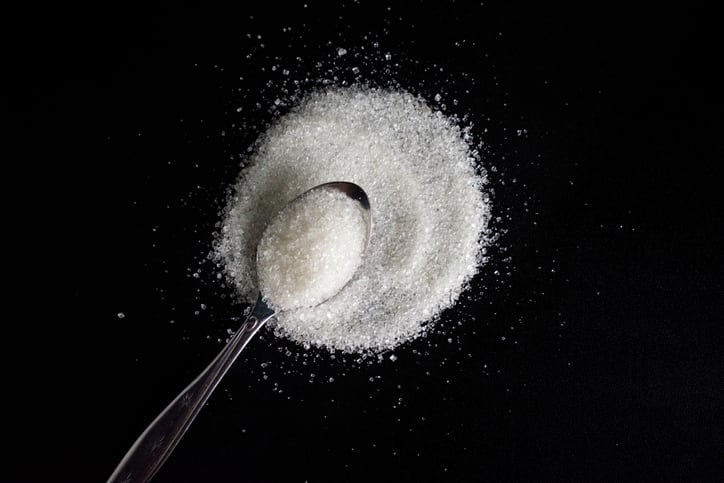
The UK is considering extending its soda tax to more beverages, including milk-based drinks. How big an impact would this have?
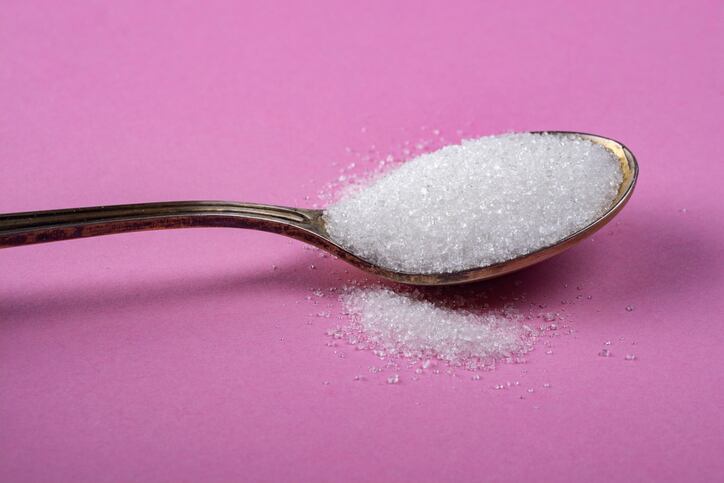
The UK wants to increase the scope of the Soft Drinks Industry Levy: and small businesses are worried
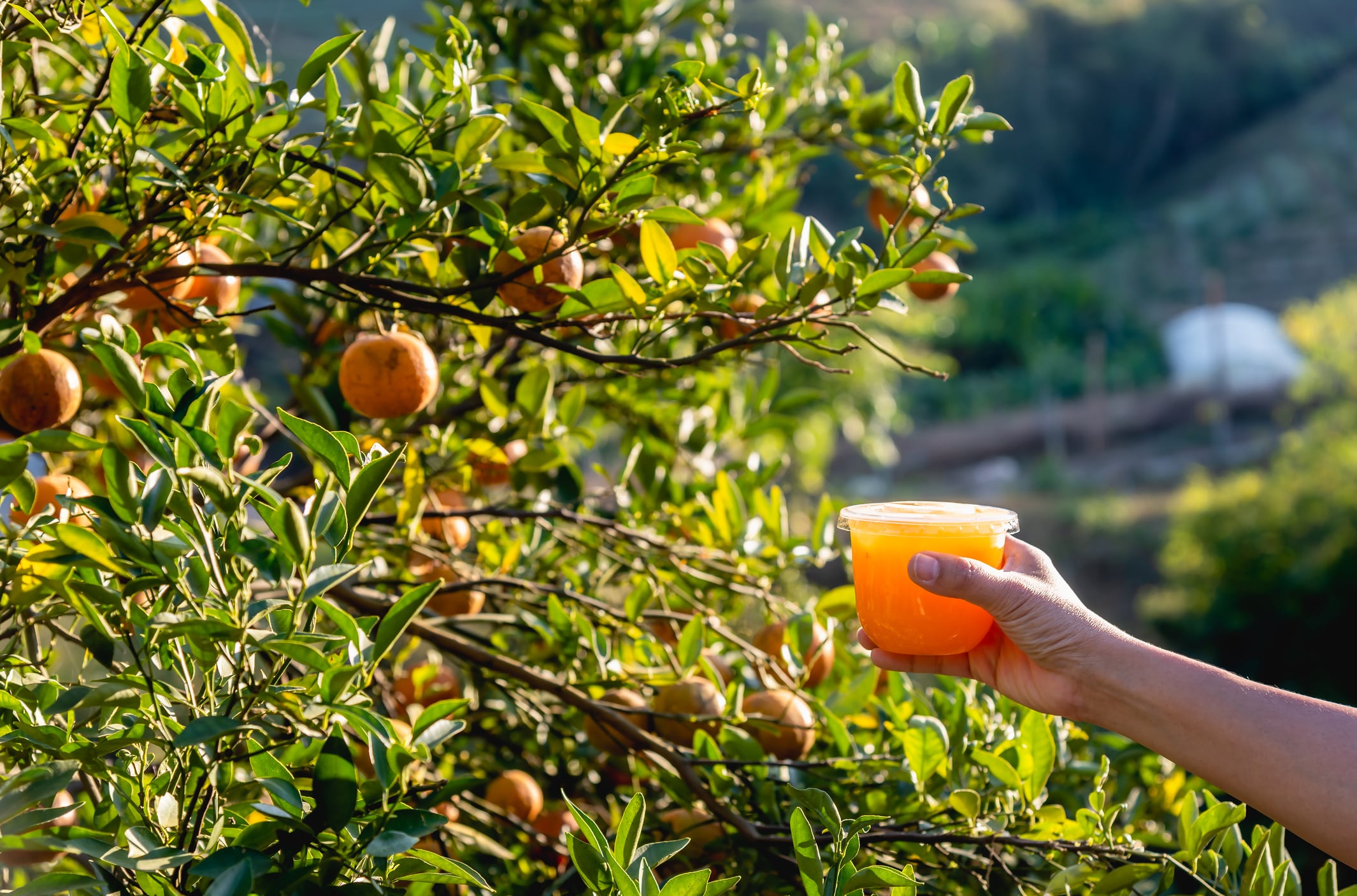
FDA’s proposal to lower the required sugar content in not-from-concentrate pasteurized orange juice has been in development for several years, with some manufacturers and industry associations calling it a step forward in improving US citrus production
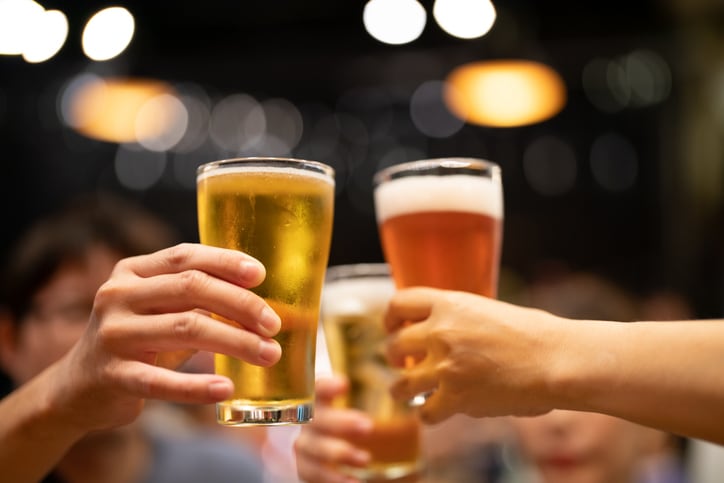
Third time lucky?
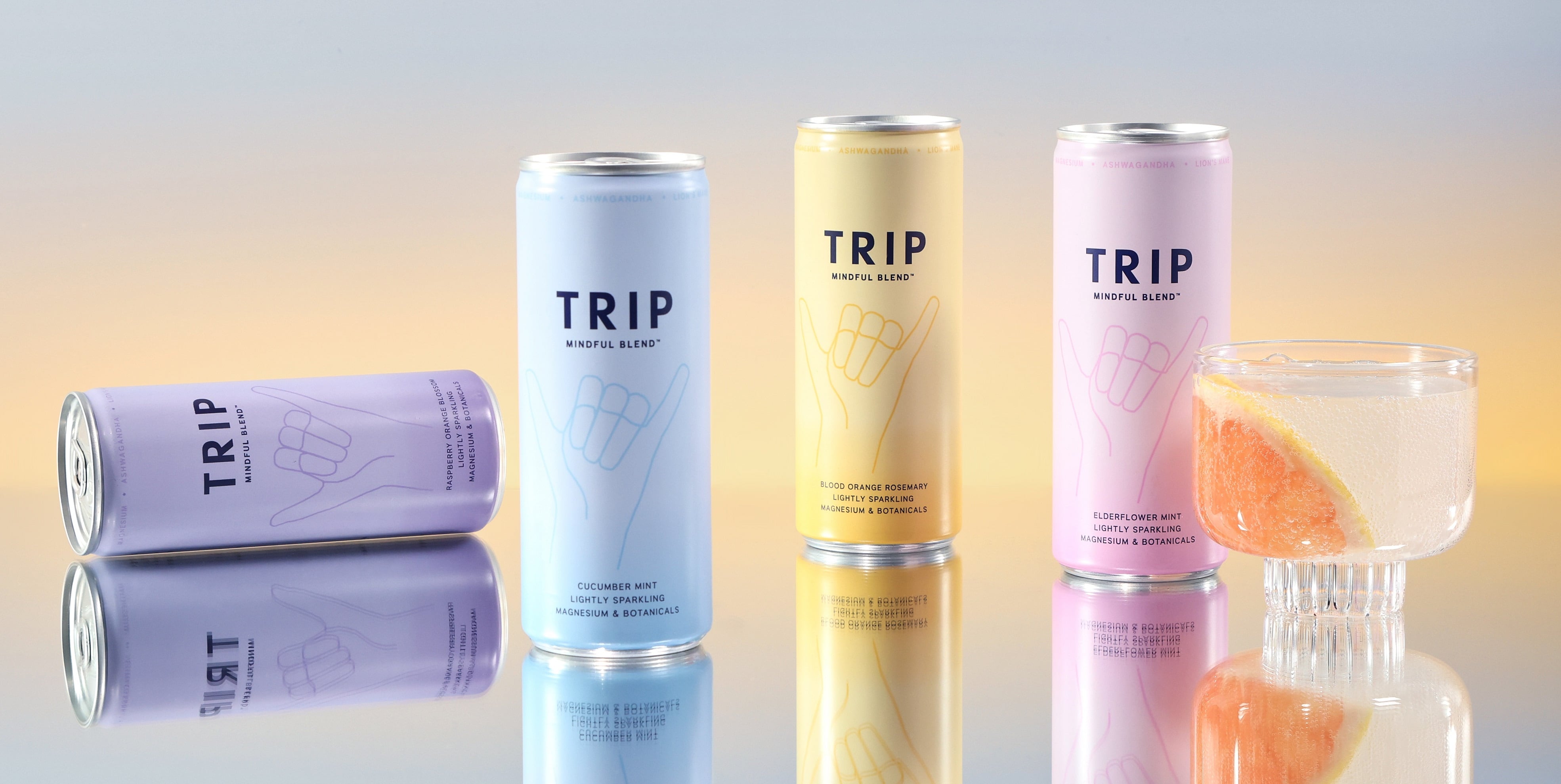
The UK-based beverage brand Trip, known for its CBD content, has been flagged by the Advertising Standards Authority (ASA) for claiming that its magnesium drink could help reduce cognitive stress. But was ruling this avoidable?
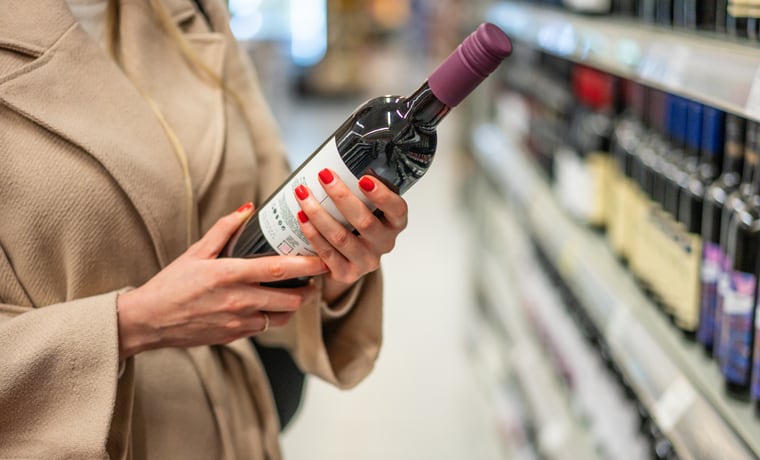
The government is exploring the idea of mandatory health warning labels and nutritional information on alcohol, as momentum towards similar legislation grows around the globe
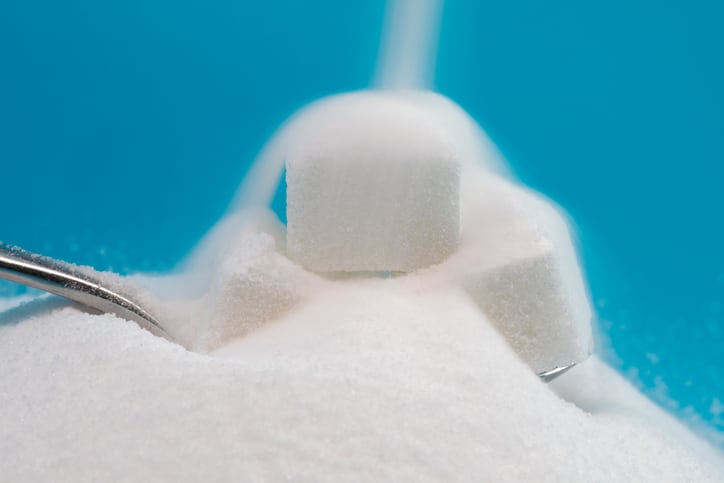
The WHO has long been an advocate for taxes on sugary drinks and alcohol: but its latest initiative calls for drastic, measurable policy shifts
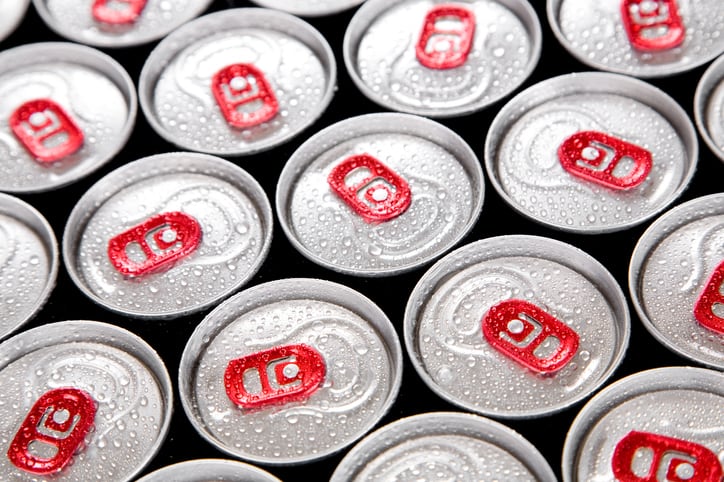
The newly-published 10 Year Health Plan for England commits to banning the sale of high-caffeine energy drinks to children under 16
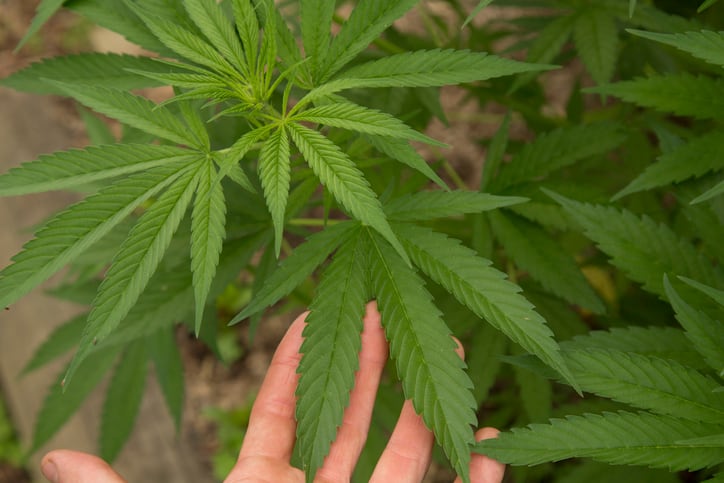
The Hemp Beverage Alliance is urging the Texas Governor to veto a hemp ban bill: highlighting the potential of hemp beverages to provide consumers with an attractive alcohol-free alternative
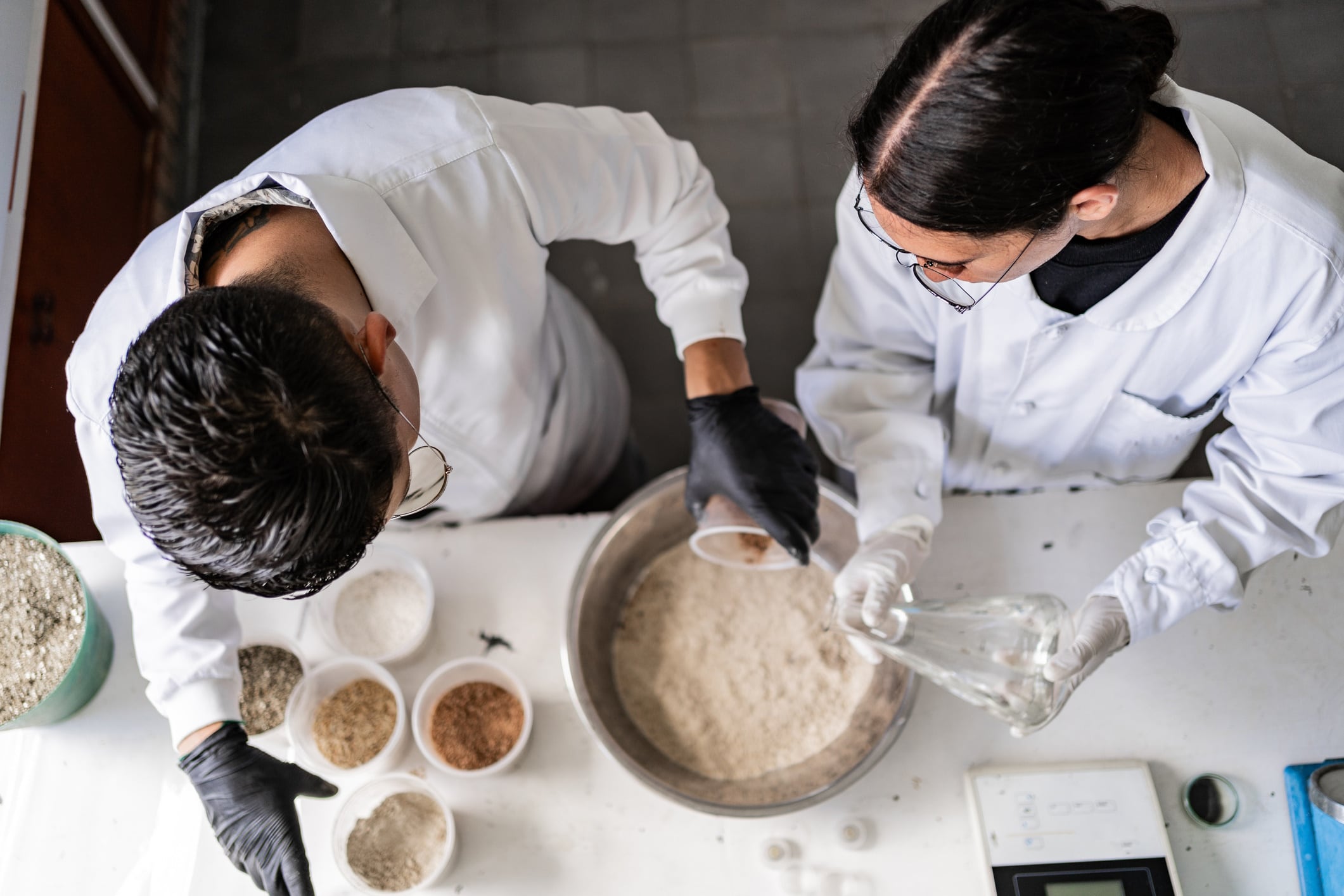
The US’ MAHA Commission is putting weak science and vague health claims on notice. Brands must now back every bite with credible, peer-reviewed research
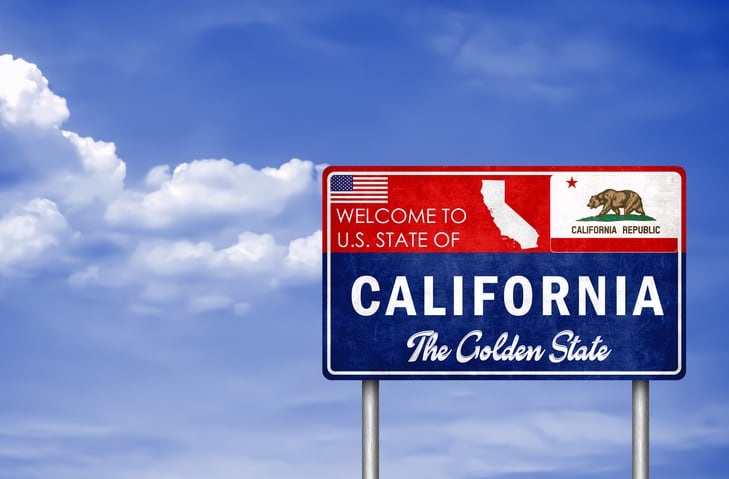
The momentum behind California soda taxes came to an abrupt halt in 2018 with the introduction of the Keep Groceries Affordable Act. But Santa Cruz defied the legislation and introduced a new soda tax: an action it is now preparing to defend

More and more consumers turn to social media for tips and hacks on nutrition: and the advice they get is not always good. How can nutrition misinformation be addressed?
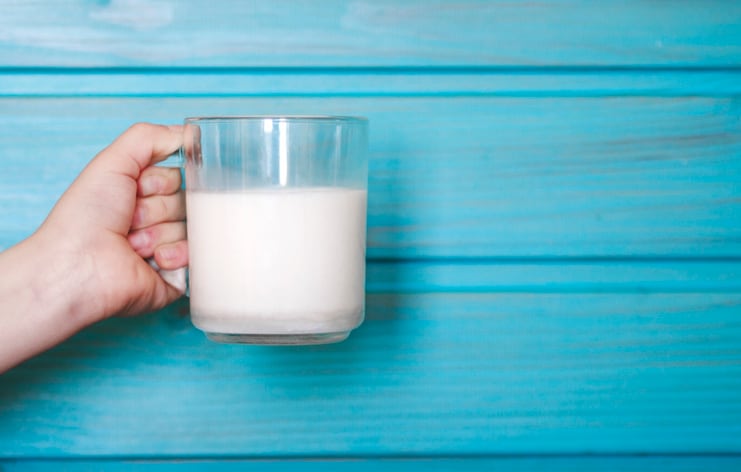
US dairy has been lobbying to get whole and 2% milk back in schools – and the odds are in favor of passing the bill this year
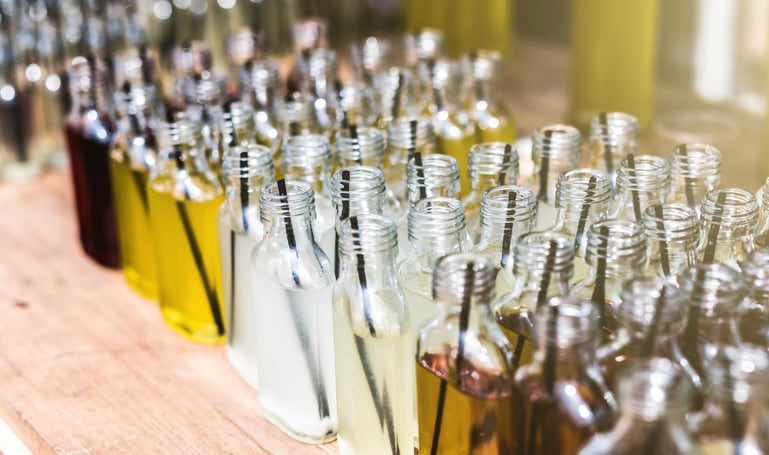
Sampling and promotional activities ramp up as the summer months approach. How can brands promote their brands responsibly?
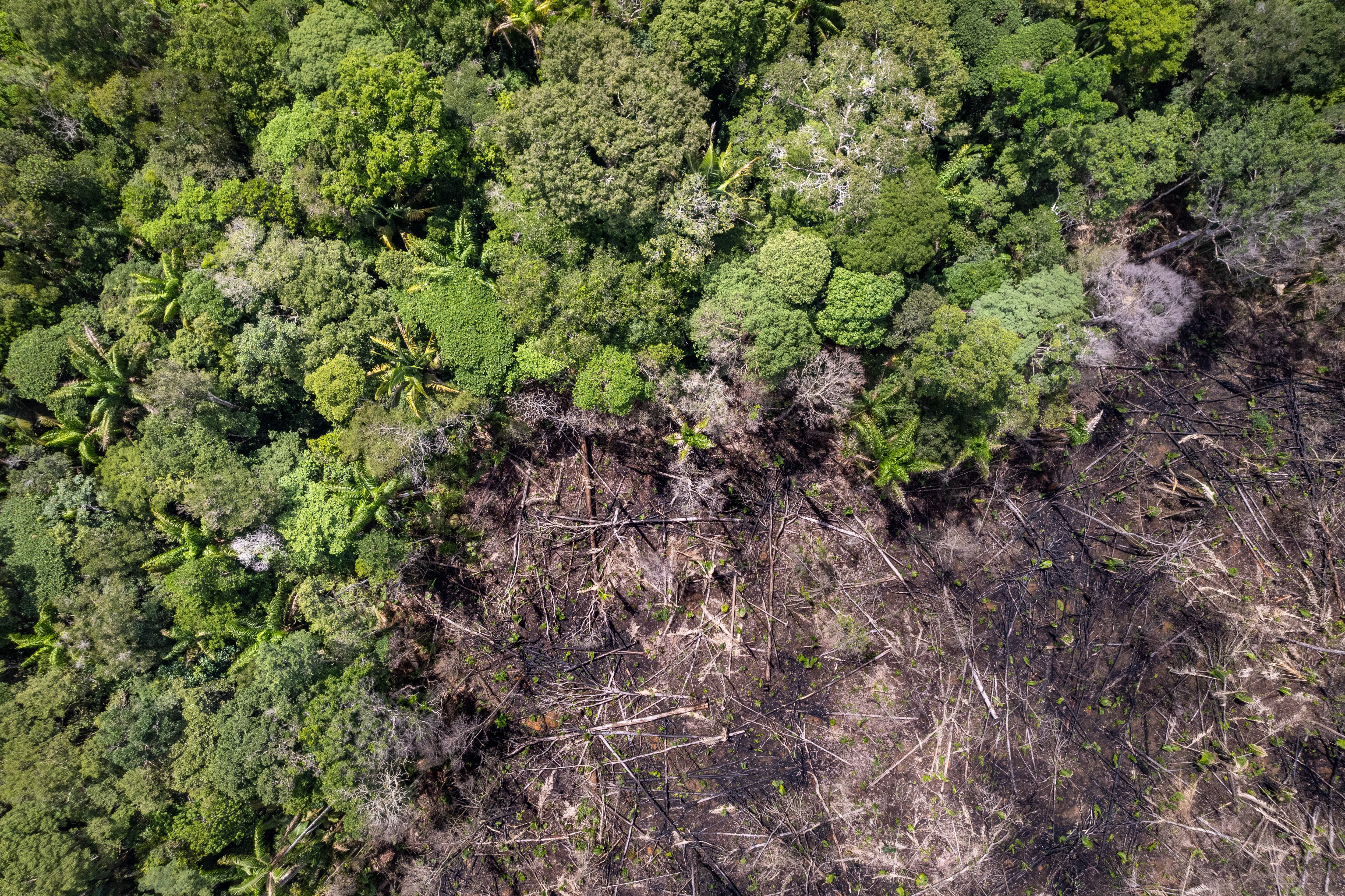
After much speculation, the European Commission has unveiled which countries are ‘high risk’ under the impending EUDR regulation
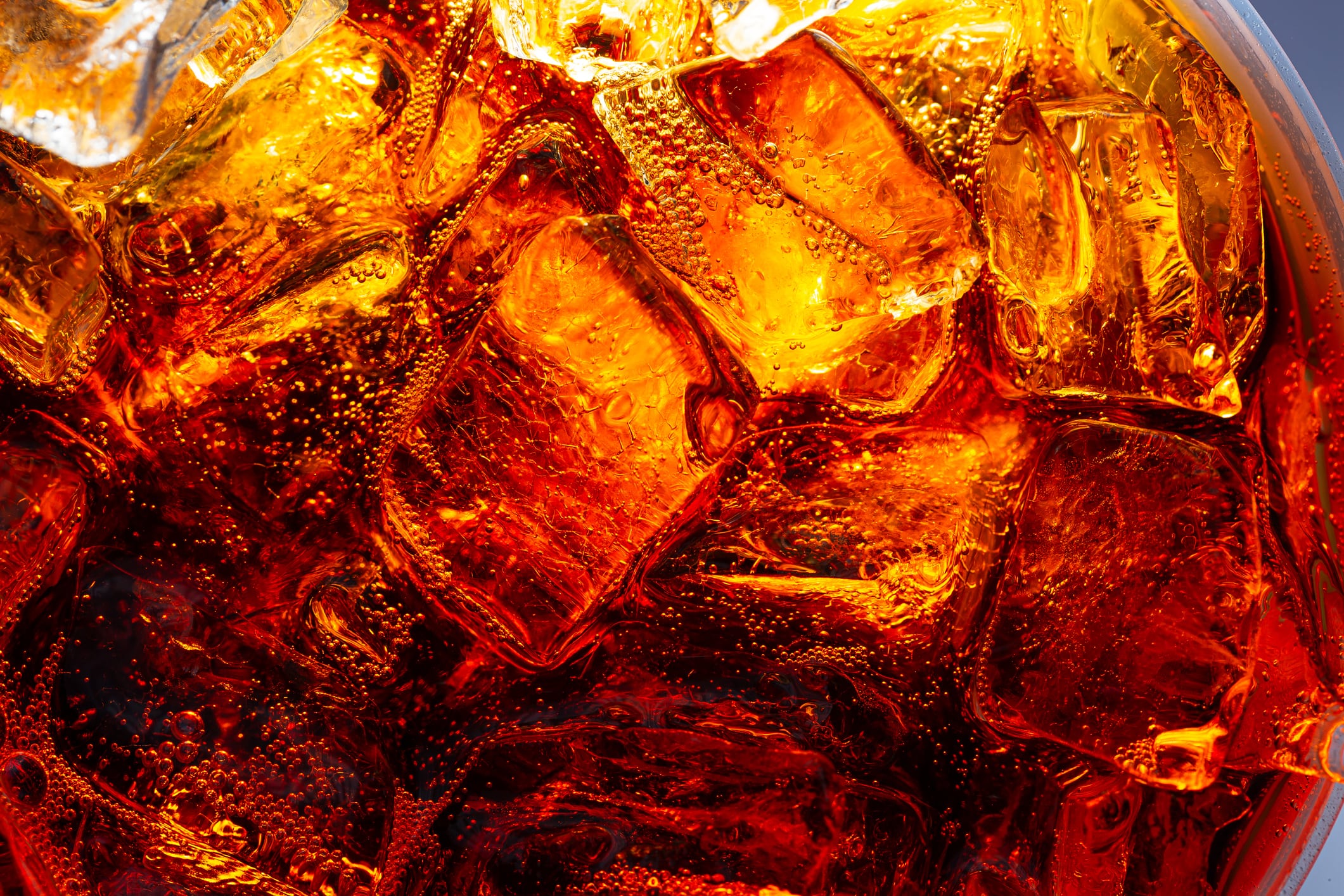
Soda taxes are just one piece of the puzzle
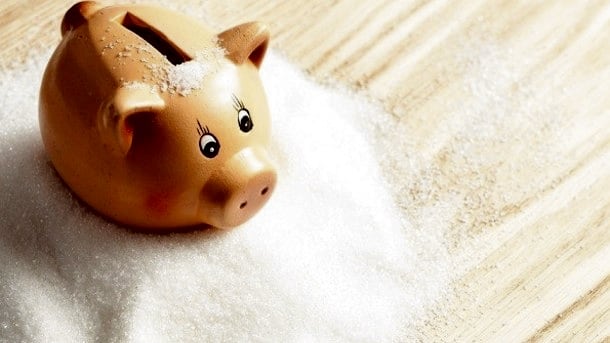
The UK plans to lower the threshold the sugar tax kicks in at: as well as extend it to milk-based drinks and their plant-based counterparts
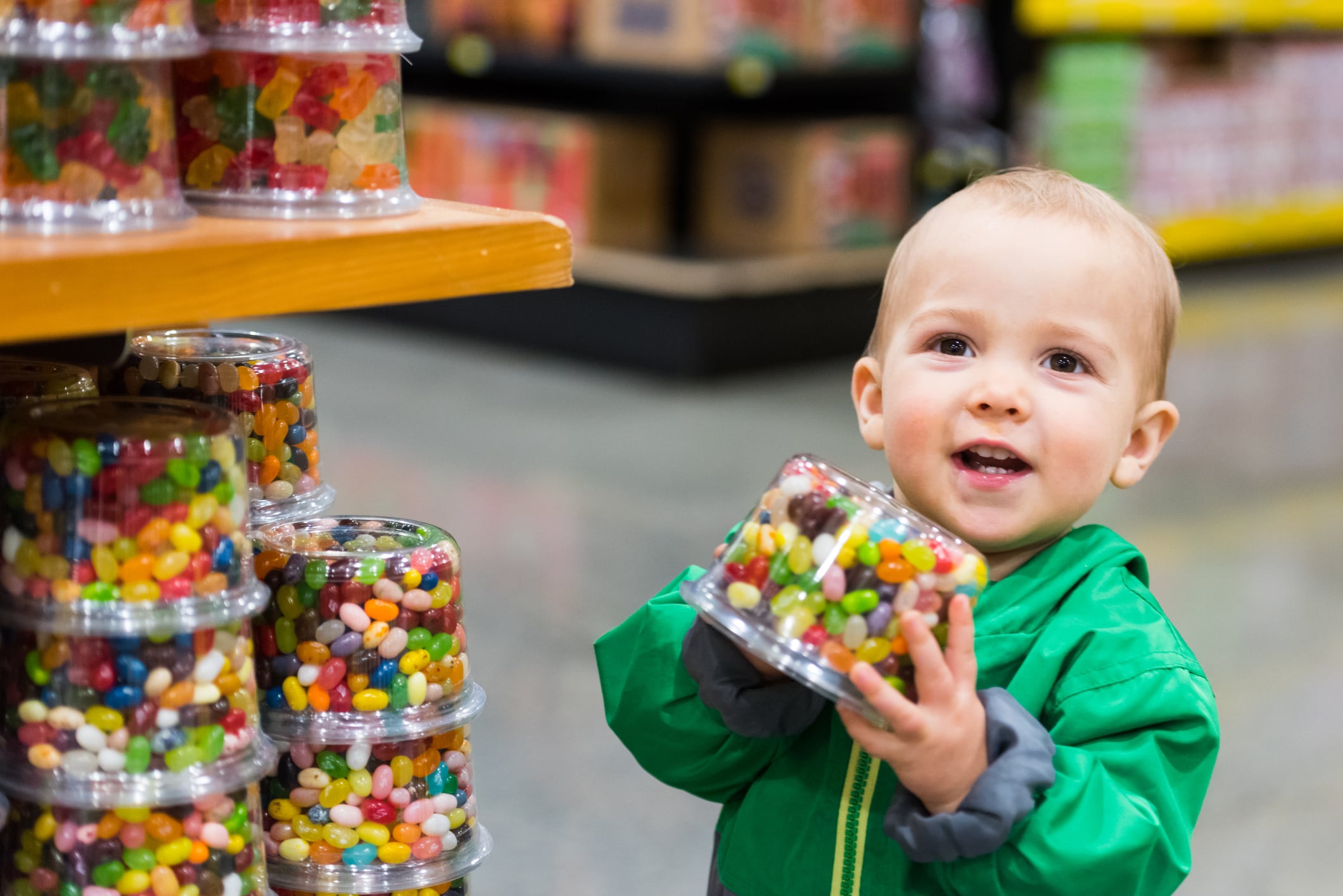
Arkansas, Indiana and Idaho want to block low-income Americans from spending nutrition aid on candy and soda as part of the Trump Administration’s larger Make America Healthy Again initiative – but industry groups say a ban will have unintended consequences
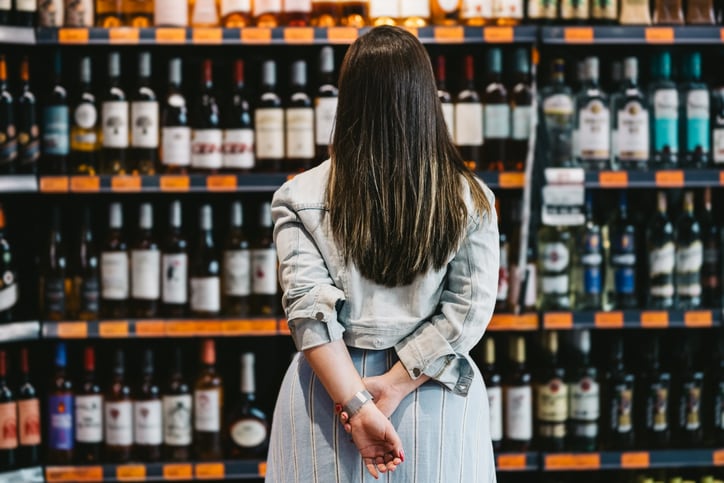
The US Alcohol and Tobacco Tax and Trade Bureau (TTB) is inviting further comments on its new alcohol labeling rules: which could see alcohol required to carry calorie and allergen information
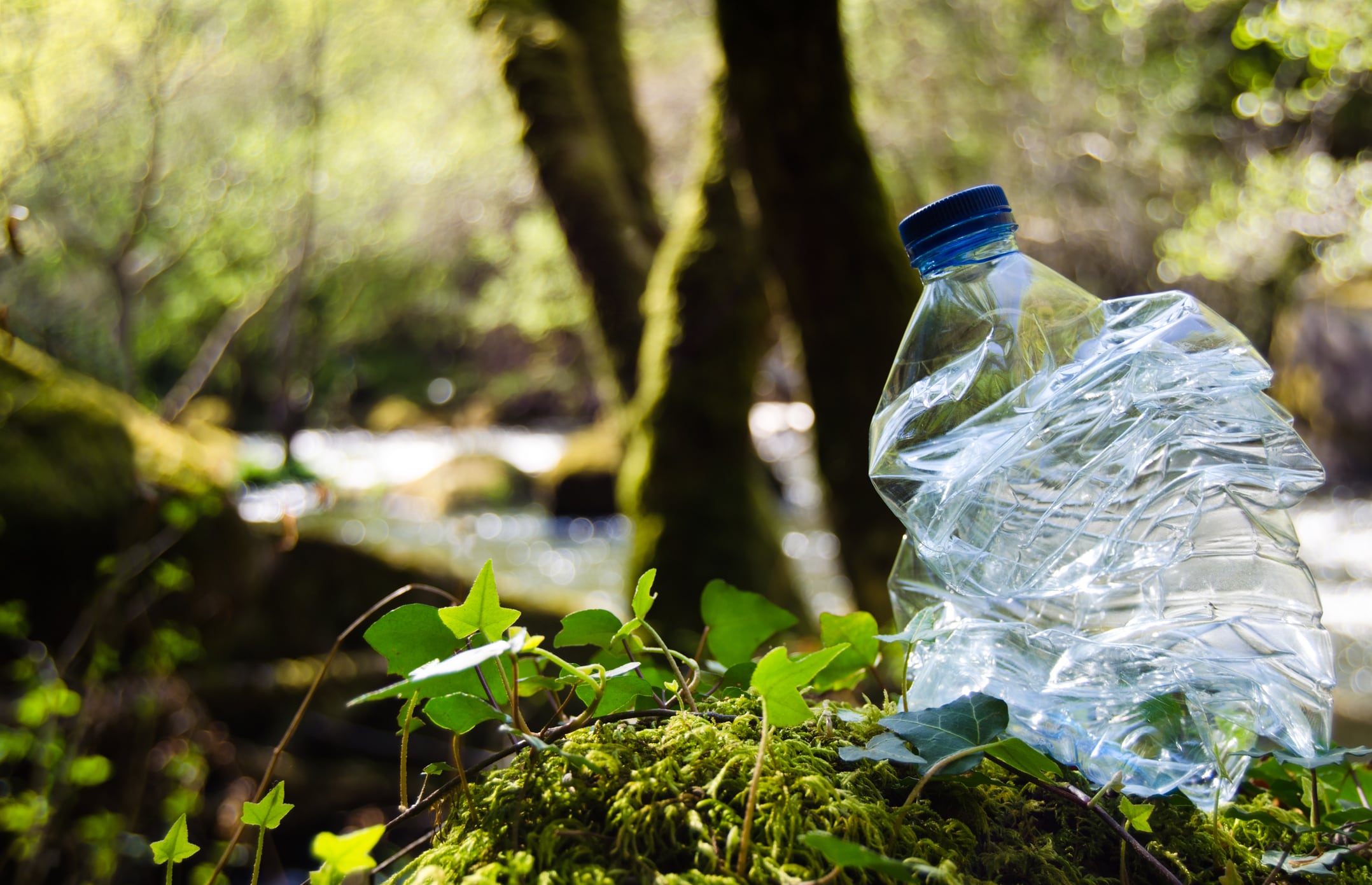
As the UK’s EPR comes into force, the EU is harmonising its own schemes
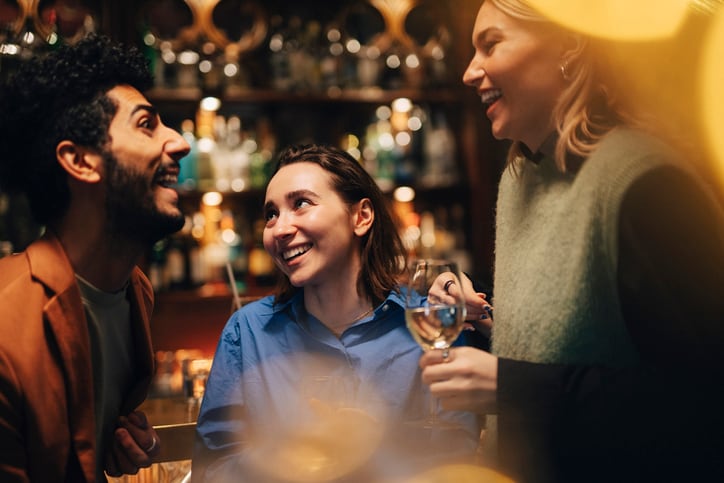
Many alcohol-free beers and other alcohol-free drinks still contain a trace amount of alcohol. So how much is acceptable?
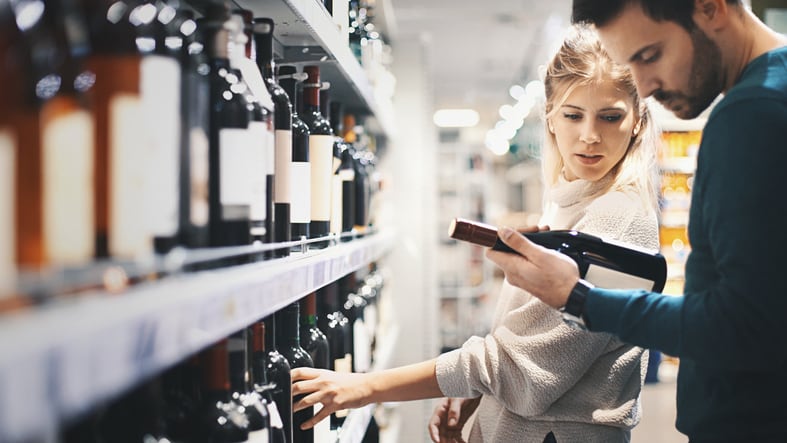
The US Surgeon General and the WHO are both calling for cancer warning labels on alcohol. How likely is this to happen - and how effective would such labels be?
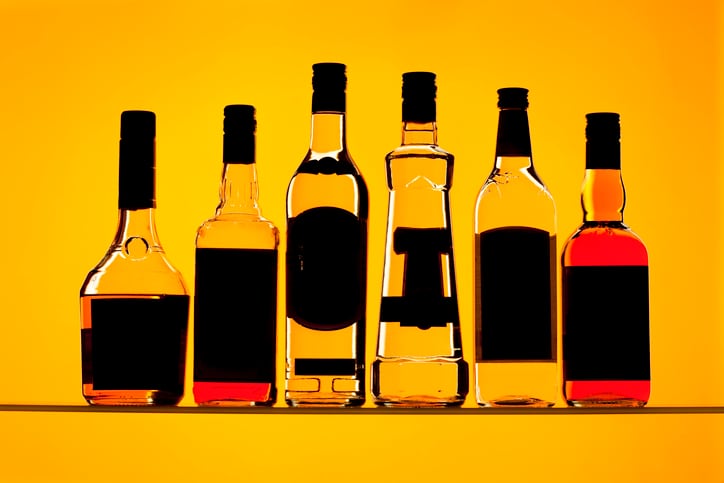
A new report from the WHO underscores an ‘urgent need for mandatory, standardized labeling on alcoholic beverages’
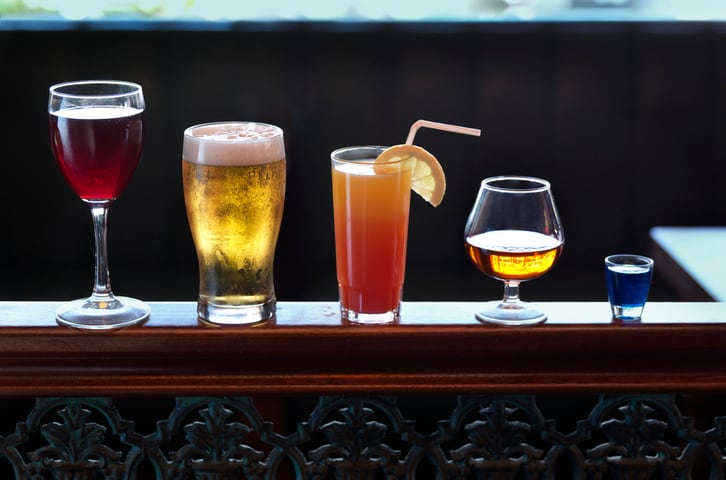
The Alcohol and Tobacco Tax and Trade Bureau wants alcohol labels to include more information: including calorie and allergen information
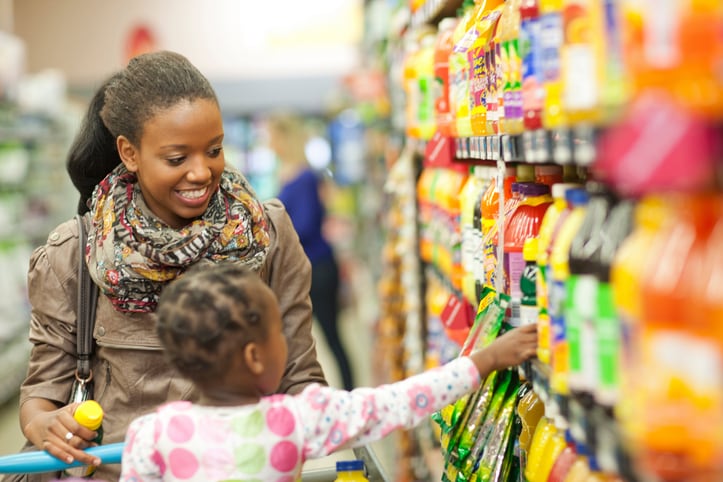
Front-of-package labeling has the potential to be ‘as iconic as the Nutrition Facts label’, says the FDA, as it launches its proposals
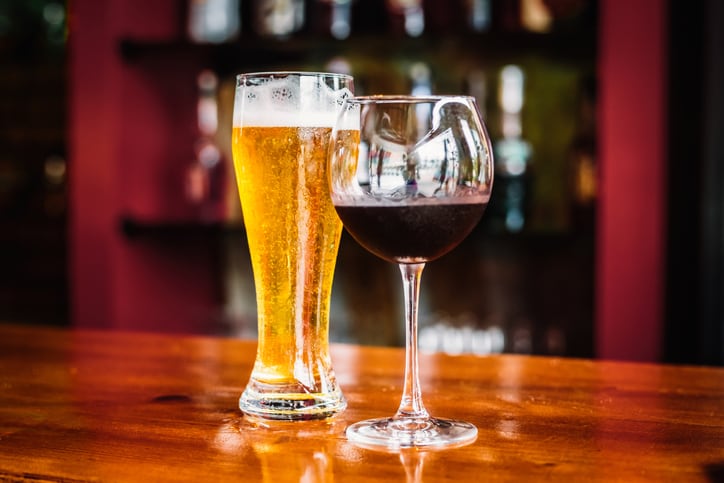
US dietary guidelines are due to be updated this year: and the first two weeks of 2025 have seen the debate over alcohol consumption guidelines kick into high gear.